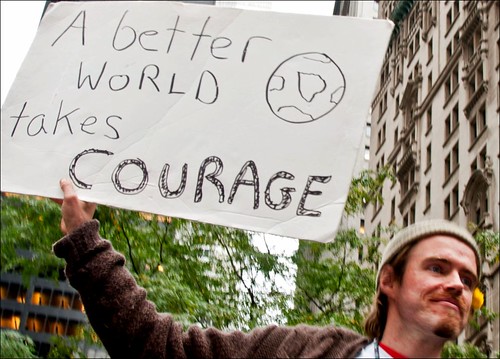Finding haters of two things, Nickelback and the Ghost Rider movies is way too easy than I’d care to admit. Simply because it seems cool, for lack of a better reason. It is a little disheartening to see that with the passage of time, Nicholas Cage’s fiery-skulled avatar alone doesn’t manage to carry the film on its fiery motorcycle towards the pinnacles of absolute glory. But hey, the makers of the films have probably learnt a lesson or two by now (hopefully), so should we. Especially, we writers. You might ask: What on earth can be inspiring about a visibly lunatic daredevil motorcycle stuntman slash flaming skulled rider from hell? Well, surprise, surprise! Here are five amazing tips from this hot chaos that will help a writer Ghost Rider-ize their work to the maximum benefit.
Uniqueness
(Image Source: Pixabay under Creative Commons)
Ghost Rider: “I’m the only one who can walk in both worlds.”
Add to that all things fiery, the Ghost Rider is not only hard to miss, but also almost impossible to forget. This is how good writing should be. In this digital age, the world has surprisingly compressed and understandably, nothing is UNIQUE per se. Someone posts a picture of a dog peeing on a pole and suddenly everyone has an opinion to voice. Writers face similar issues on a much greater scale. So how do you stand out? Well, remember, the subject may be common, but presentation and style is unique. After all, there are countless superheroes, but how many are in the same league as this chopper riding hero?
Conflict
(Image Source: Pixabay under Creative Commons)
The Caretaker: “The story goes he made a deal to save someone he loved. He’d be normal during the day, but at night, in the presence of evil, the Rider takes over.”
Call it catharsis or just our inclination for something that is emotionally conflicting, the one surefire formula to a good piece of writing is conflict. I remember being completely hooked onto every intense scene, right from Johnny’s father’s death to Roxanne’s realization that Johnny is the Ghost Rider to the encounter between The Caretaker and Johnny. In writing, pain and emotion humanize the content, helping the reader to not only connect to what’s written, but also feel and experience every tribulation and challenge the protagonist goes through.
Perspective
 (Image Source: Flickr under Creative Commons)
(Image Source: Flickr under Creative Commons)
Ghost Rider: “Look into my eyes, your souls are stained by the blood of the innocent.”
When the Ghost Rider gives his first penance stare, he can see and feel every pain his victim puts innocent people through, it marks the defining journey of Johnny from Ghost Rider to Angel of Justice. Having a different perspective on a subject, adds a whole new dimension of freshness even to the most “done to death” subjects. Moreover, it helps you gain insight on something you otherwise overlooked. Perspective is probably the best way to add that touch of “uniqueness” to any content, because it helps you as well as your readers to see things in a whole new light.
Courage and Passion
 (Image Source: Flickr under Creative Commons)
(Image Source: Flickr under Creative Commons)
The Caretaker: “Any man that’s got the guts to sell his soul for love has got the power to change the world.”
Both the Ghost Riders (Caretaker and Johnny) did what they did for someone they cared beyond themselves and anything else. Selling their souls to the devil in exchange for the life of that one person they truly loved, is a transaction that can neither be easily described nor made. It takes gonads of steel to do that. Similarly, in writing there are a whole lot of risks you will have to and should be willing to take. Will it affect my career? Will I face flak? In the greater scheme of things these questions don’t matter. If there is something you want to put across- no matter how hard-hitting- put it. Give it everything you have; all your energy, your passion and your soul.
Take a stand
(Image Source: Pixabay under Creative Commons)
Ghost Rider: “You can’t live in fear.”
In the first movie’s climax, when Mephistopheles decides to return Johnny his soul, Johnny refuses, stands up to the Master of Hell himself, vows to protect the innocent. There comes a point in everyone’s life where we have to take a stand on things, no matter how discomforting it is. Taking a stand becomes all the more important for a writer, because well, you have quite a lot of people hanging to every word you write. Your content has to reflect the fact that you know exactly what you think and how you put it. You’re no coward to cower behind the façade of public opinions. And you’re willing to take a stand on the things that matter to you. When people see that, that’s when you and your work are respected.
Featured image via Flickr creative commons.
Copyright © 2014 Blogging Tips. This Feed is for personal non-commercial use only. If you are not reading this material in your news aggregator, the site you are looking at is guilty of copyright infringement. Please contact us so we can take legal action immediately.
The post The Ghost Rider’s Guide to Writing appeared first on Blogging Tips.
Source: Blogging Tips
The Ghost Rider’s Guide to Writing


No comments:
Post a Comment